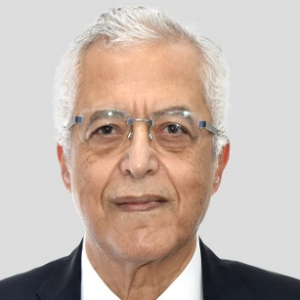Barrier Cells
Barrier Cells, also known as epithelial cells, are a diverse group of cells that form protective barriers in various tissues and organs throughout the body. These cells serve as the first line of defense against pathogens, toxins, and environmental stressors. In the skin, keratinocytes form a protective barrier that prevents the entry of microbes and minimizes water loss. In the gastrointestinal tract, epithelial cells line the mucosal surfaces, providing a barrier against harmful substances while allowing nutrient absorption. Similarly, the respiratory epithelium in the lungs acts as a barrier against inhaled particles and pathogens. Barrier cells often have specialized features such as tight junctions, desmosomes, and mucous-producing cells, contributing to the integrity and functionality of the barrier. These structures help regulate the selective permeability of the barrier, allowing essential substances to pass while blocking harmful agents. The blood-brain barrier, formed by specialized endothelial cells in the brain's capillaries, restricts the entry of substances into the central nervous system, safeguarding neural tissue. Epithelial cells in the urinary tract create a barrier that prevents the invasion of pathogens and maintains fluid balance. Maintaining the integrity of barrier cells is crucial for overall health. Dysregulation or damage to these cells can lead to conditions such as inflammatory bowel disease, skin disorders, and respiratory infections. Understanding the biology of barrier cells is essential for developing therapeutic strategies to protect and enhance the function of these vital protective barriers throughout the body.

Nagy Habib
Imperial College London, United Kingdom
Lucie Bacakova
Institute of Physiology of the Czech Academy of Sciences, Czech Republic



Title : AI-integrated high-throughput tissue-chip for space-based biomanufacturing applications
Kunal Mitra, Florida Tech, United States
Title : Stem cell technologies to integrate biodesign related tissue engineering within the frame of cell based regenerative medicine: towards the preventive therapeutic and rehabilitative resources and benefits
Sergey Suchkov, N.D. Zelinskii Institute for Organic Chemistry of the Russian Academy of Sciences, Russian Federation
Title : In vitro evaluation of lyophilized Dedifferentiated Fat cells (DFAT) impregnated artificial dermis
Kazutaka Soejima, Nihon University, School of Medicine, Japan
Title :
Nagy Habib, Imperial College London, United Kingdom
Title :
Alexander Seifalian, Nanotechnology & Regenerative Medicine Commercialisation Centre, United Kingdom
Title : The regenerative medicine of the future
Marco Polettini, DVM, Italy